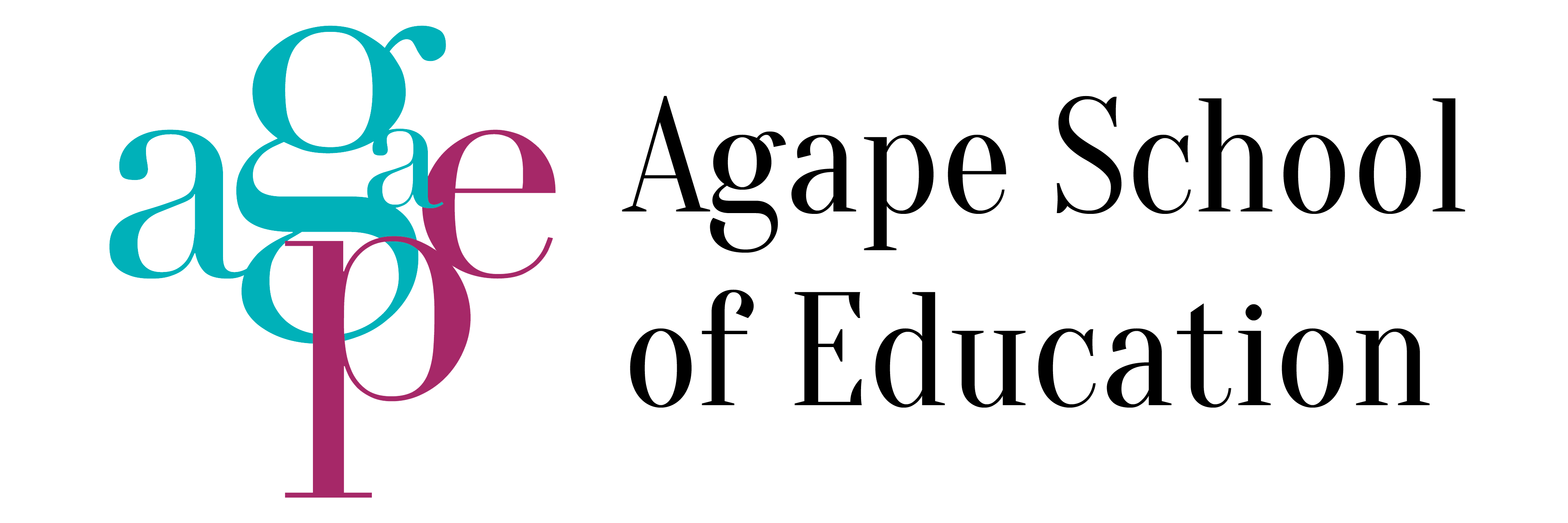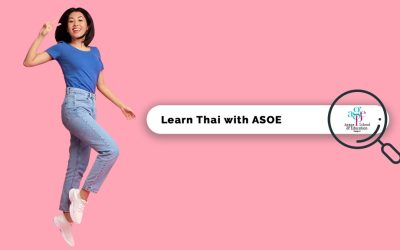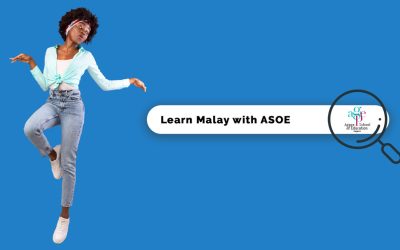When it comes to early language acquisition research, evidence shows that with the support of parents, caregivers, and early childhood educators, as well as exposure to a literacy-rich environment, children progress from emergent to conventional reading. By interacting through reading aloud and conversation, children are exposed to learning early. It is essential to read aloud to children and provide opportunities for them to talk about the stories that they hear.
The Report of the Commission on Reading states, “The single most important activity for building the knowledge required for eventual success in reading is reading aloud to children, especially during the pre-school years.”
This practice helps children develop oral language and cognitive skills, as well as concepts of print and phonemic awareness.
Children read to develop background knowledge about a range of topics and build an extensive vocabulary, which aids them in later comprehension and development of reading strategies. They also watch how others read and therefore become familiar with the reading process as an exercise in continuous learning.
Still, many enter elementary school without a strong background in literacy. These are the children who are most at risk of developing reading problems. However, the student is only half of the equation. Teachers must be involved in professional development to learn more about child development as it relates to literacy acquisition.
Stages of Child Language Development
By the age of four, children begin to ‘read’ their favourite books independently. They begin to use ‘mock handwriting’ (Clay, 1975), and by the age of five, most kindergarten children are considered ‘emergent readers.’ They make rapid growth in literacy skills if they have a literacy-rich environment (Burns, Griffin, & Snow, 1999). Children may try to recall what has been written or use a picture created with the text to reread instead of using the letter clues (Kamberelis & Sulzby, 1988; Snow, Burns, & Griffin, 1998). Although they are beginning to apply phonetic knowledge to create invented spellings, there is a lapse in time before they use phonetic clues to read what they write.
Research has shown that children who learn phonetic knowledge, sight words, and decoding before they enter school are at a considerable advantage as most children will only start learning these skills during the first grade. In this early stage, children begin to look at the beginning and ending letters to decode unfamiliar words (Clay, 1991; Pinnell, 1996b; Snow, Burns, & Griffin, 1998). Early-stage readers have a small vocabulary of sight words.
By second grade, they are transitional readers, able to read unfamiliar text with more independence. They use meaning, grammatical, and letter cues more fully and use pictures in a limited way while reading (Clay, 1991; International Reading Association & National Association for the Education of Young Children, 1998; Pinnell, 1996b; Snow, Burns, & Griffin, 1998). Transitional spellers can apply spelling rules, patterns, and other strategies to put words on paper.
By the third grade, children are typically fluent readers. They can read for meaning while focusing less on decoding. They may use transitional and phonetic spellings to spell infrequently used words.

The child’s concept of words changes as the child’s literacy development evolves. Children construct their knowledge as they read, which is the main difference between how an adult understands reading and writing compared to a child.
Children progress through several categories of phonological skills, from rhyming to blending. The most challenging task involves the complete segmentation of phonemes and manipulation of them to form new words (Griffith & Olson, 1992; Hall & Moats, 1999). If we begin teaching our children how to segment and manipulate phonemes at the pre-school age, they will have the tools necessary to spell correctly, understand the meaning of words and be able to write and read complete sentences with ease by the time they start school.
Screenings and assessments are a necessary means of determining children’s literacy needs. Data helps teachers identify children who are developing at a less than average pace and in need of extra help— the earlier, the better. Throughout kindergarten and first grade, children can be screened for phonemic awareness, alphabetic knowledge, and an understanding of basic language concepts (Texas Education Agency, 1997a). Performance-based assessments, such as observational records of reading and writing, developmental benchmarks, and portfolios can also be used to inform daily teaching (Allington & Cunningham, 1996; Burns, Griffin, & Snow, 1999; International Reading Association & National Association for the Education of Young Children, 1998; Slegers, 1996).
Teachers, parents, and caregivers need to understand and support children’s emergent literacy and, in later years, children’s transition to conventional reading and writing. Teachers, administrators, and specialists must understand the developmental nature of emergent literacy and early conventional literacy and ensure that the curriculum and instructional materials are appropriate. Parents, too, have a role to play — an understanding of child development and support sharing, and exploring literacy with their children is required.
But how do you cultivate literacy?
Cultivating Literacy in your Child
An adequate language literacy program needs to support children’s social, emotional, aesthetic, maturational, and cognitive needs. The reading program must be balanced and include quality literature, writing opportunities, development of phonemic awareness, and alphabetic knowledge.
To provide opportunities for children’s literacy acquisition, schools should work with community groups and libraries to provide informational programs for parents regarding the development of literacy skills in young children. Teachers should review research on reading and young children and become familiar with Learning to Read and Write: Developmentally Appropriate Practices for Young Children. Teachers should develop an understanding of phonological terms and work to provide a developmentally appropriate curriculum in reading and writing that is attainable but challenging. As a start, educators need to develop strategies for preventing reading difficulties. Libraries or resource centres should have extensive and varied resources.
Learn with us!
At Agape School of Education, we understand that learning a new language can be difficult. We are here to help! Through our experienced educators we ensure that you learn the language you have chosen with ease.
Learning should be a fun process that instils a desire to learn even more. If we all work together, we can accomplish this. That’s why at Agape School of Education, we ensure that our teachers understand the more technical aspects of child development and language acquisition. Our teachers are well-positioned to guide your child and provide them with adequate support. Need proof? Our students regularly score in the top 10% of any international exams!
Expose yourself to a new language at Agape School of Education through our carefully crafted Courses.
- Find a language you’re keen on learning through our Courses and begin your language learning experience with us.
- Invest in your SkillsFuture credit with us!
- Call us to find out more about our custom curriculum and resources.



0 Comments